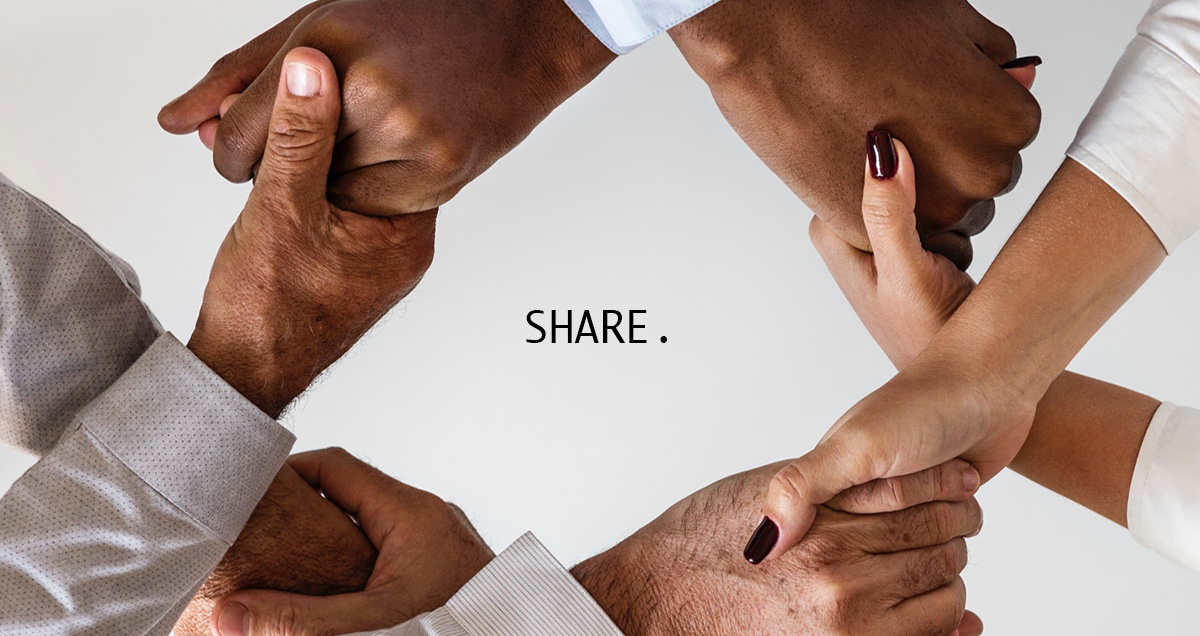
There is a very strong argument that the single most important role that technology has played in the history of education is improving our ability to share.
The Gutenberg press fundamentally shifted the centralization of knowledge production from monastic institutions and allowed for the moderately wealthy to have personal home libraries that rivaled those of early empires. The advent of mass media and publication allowed for oceans of data and information to be printed, indexed, and organized, giving rise to the modern library. And now digital technologies allow for information to be rapidly and cheaply broadcasted such that even learners in some of the most impoverished settings can, via a smartphone, e-book reader, or laptop, gain quick access to the most robust set of books, encyclopedias, and databases ever created.
Technical capacity, however, is not enough to ensure that sharing occurs or that people will benefit, because technologies that empower us to share can also be used for surveillance and restriction of learner activities, and the ability to fully utilize a commons of resources requires basic access and various literacies that, if not addressed, will perpetuate digital divides between the haves and have-nots.
In this section, authors discuss utopian visions that modern digital technologies can play a role in making possible and also grapple with many of the tensions, compromises, and paradoxes that openness and sharing via technologies introduces for teaching and learning. Can we live in a world where everyone shares and has access to meaningful learning opportunities? Can we live in a world where everyone can learn without traditional economic, geographic, and other barriers getting in the way? And if so, what moral and legal mandates must we put in place to ensure that the potential opening of learning that digital technologies afford actually becomes a reality?